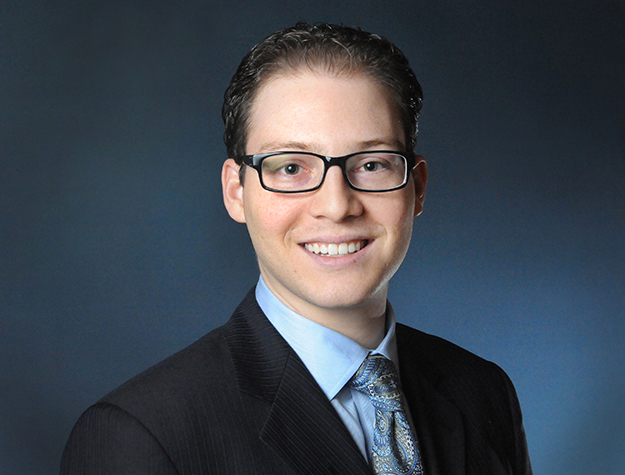Are we hard-wired to follow celebrity medical advice?

Lead author Steven J. Hoffman, an assistant professor of clinical epidemiology and biostatistics at the Michael G. DeGroote School of Medicine, says celebrities would be doing 'a greater public service' if they joined forces with credible medical authorities.
It may be that people can’t help themselves from taking health advice from celebrities. Ultimately, they want to be more like the people they admire.
In a paper published in British Medical Journal Wednesday, McMaster researchers ask why so many people follow medical advice from celebrities when so much of it is ill-informed and potentially harmful.
At times, celebrity advice conflicts with research evidence and recommendations from health professionals, and celebrity endorsements can pose a real public health hazard.
“Our brains, psyches and societies appear to be hard-wired to give celebrities influence over our health decisions,” said lead author Steven J. Hoffman, an assistant professor of clinical epidemiology and biostatistics at the Michael G. DeGroote School of Medicine.
“This can be helpful when celebrities encourage healthy behaviours, but it can be dangerous when celebrities promote something that is not backed-up by science. Celebrities would be doing a greater public service if they partnered with credible medical authorities and conveyed evidence-based messages.”
Researchers from McMaster examined how celebrities gain credibility as medical advisors, and why the public can fall under their influence when making important health decisions. They searched electronic databases to analyze economic, psychological and sociological studies from the year 1806 to the present day.
One explanation is “herding,” which involves our tendency to make decisions based on what others have done in similar situations.
Another explanation is the celebrity “halo effect,” which the team describes as “a cloak of generalized trustworthiness which extends well-beyond their industry or expertise.” Consumers imitate the celebrity’s health choices because they want to follow in their footsteps.
Celebrities also claim to have an authentic connection to the product or behaviour they are promoting. As a result, they are seen as having greater credibility despite having less medical knowledge than a trained professional.
Supporting this research is the concept of buying “social capital” from celebrities. This process involves consumers acquiring celebrity products, mimicking their lifestyles and taking their medical advice in order to raise one’s social status. Consumers are also motivated by a desire to raise their overall self esteem.
Health professionals can counteract the negative effects of bad advice by speaking to their patients about the validity of celebrity advice, McMaster researchers have found.
“We need to rethink and better understand where people obtain their health information and what makes them act upon it,” explained Hoffman. “Understanding why people follow celebrities’ medical advice represents a good start and this may require constructive relationships with celebrities, allowing them to become important partners in improving health.”
Hoffman’s work with co-author Charlie Tan, a medical student in the Michael G. DeGroote School of Medicine, is supported by the Canadian Institutes of Health Research and the Trudeau Foundation.
Watch Steven J. Hoffman discuss his research in this brief documentary produced by British Medical Journal.

